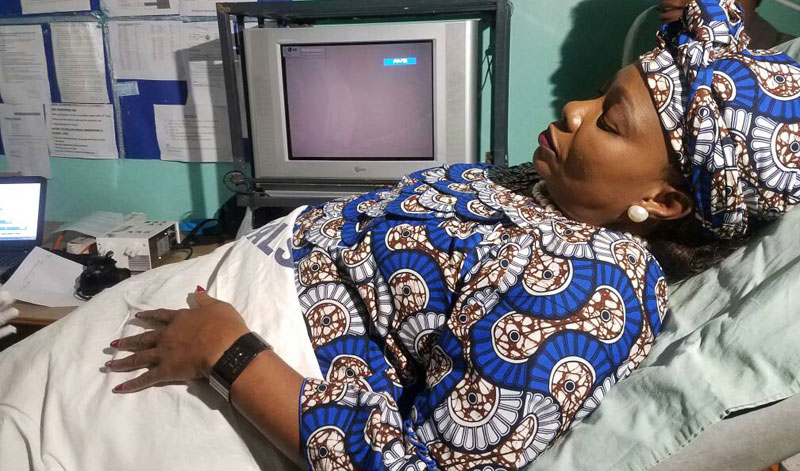
ZIMBABWE needs US$20 million to help support sexual and reproductive health interventions in the country’s rural areas, the United Nations Population Fund (UNFPA) has said.
In a report, UNFPA said 235 million people around the world will need humanitarian assistance and protection.
As such, US$818 million is needed to provide life-saving services and protection to 54 million women, girls and young people in 68 countries.
In East and Southern Africa, Zimbabwe needs US$20 million, while the Democratic Republic of Congo is in need of the highest amount of aid, US$67,2 million.
In a report, the UNFPA said the Covid-19 pandemic endangers the sexual and reproductive health of women and girls and has heightened the risk of gender-based violence.
“The humanitarian situation in Zimbabwe is driven by climate related crises and macro-economic challenges, including cash shortages and hyperinflation.
“More than half of the rural population is expected to face food insecurity by early 2021. Resource constraints endanger the sexual and reproductive health of women and girls and heighten the risk of gender-based violence. UNFPA is working with food security and nutrition actors to distribute contraceptives and provide other services related to sexual and reproductive health and gender-based violence. UNFPA also provides health facilities with personal protective equipment to ensure continuity of care during the COVID-19 pandemic,”read the report.
Last year, Zimbabwe needed over US$ 16 million, but received about US$2,7 million.
In her remarks, UNFPA Executive Director, Dr Natalia Kanem said Covid-19 has been catastrophic for women and girls who are already facing a pandemic of violence and discrimination.
“One in three women experiences physical or sexual violence in her lifetime; one in five girls is married before age 18; and hundreds of millions of women and adolescent girls want to avoid pregnancy, yet lack access to reliable, modern methods of family planning. In addition, more than half of maternal deaths occur in humanitarian and fragile settings, where the risk of giving birth is compounded by the heightened incidence of gender-based violence and harmful practices, such as child marriage and female genital mutilation.
“Pregnancies and childbirth don’t stop for pandemics, conflicts or disasters. Prioritizing the needs of women and adolescent girls in emergencies, including the need for maternal health care, is a human rights imperative,” said Dr Kanem.
She added that it was not all gloom, as the pandemic has seen women and the youth leading in finding solutions in their countries.
“While humanity navigates this uncharted crisis, which has rolled back hard-earned progress for women and girls, let us not forget that the coronavirus pandemic also presents opportunities for positive change and transformation.
“People across the globe are rising to meet these humanitarian challenges, applying local solutions to guide the way forward in their communities. Women and young people are leading like never before, and the voices and actions of a broad range of changemakers are helping us dismantle the social norms and barriers standing between women and girls and their rights and choices,” said Dr Kanem.
She said these efforts are meant to help achieve the Sustainable Development Goals of gender equality, by 2030.
“The Sustainable Development Goals remain our North Star. Meeting the goals, including gender equality, by 2030 depends on every woman and girl being able to enjoy sexual and reproductive health, and to exercise her fundamental rights. Together with our partners, we are supporting millions of women and girls to overcome the brunt of the COVID-19 crisis and to use their own agency and potential to counter discrimination, combat gender-based violence, live with dignity even in humanitarian settings – and to keep moving forward,” said Dr Kanem.





